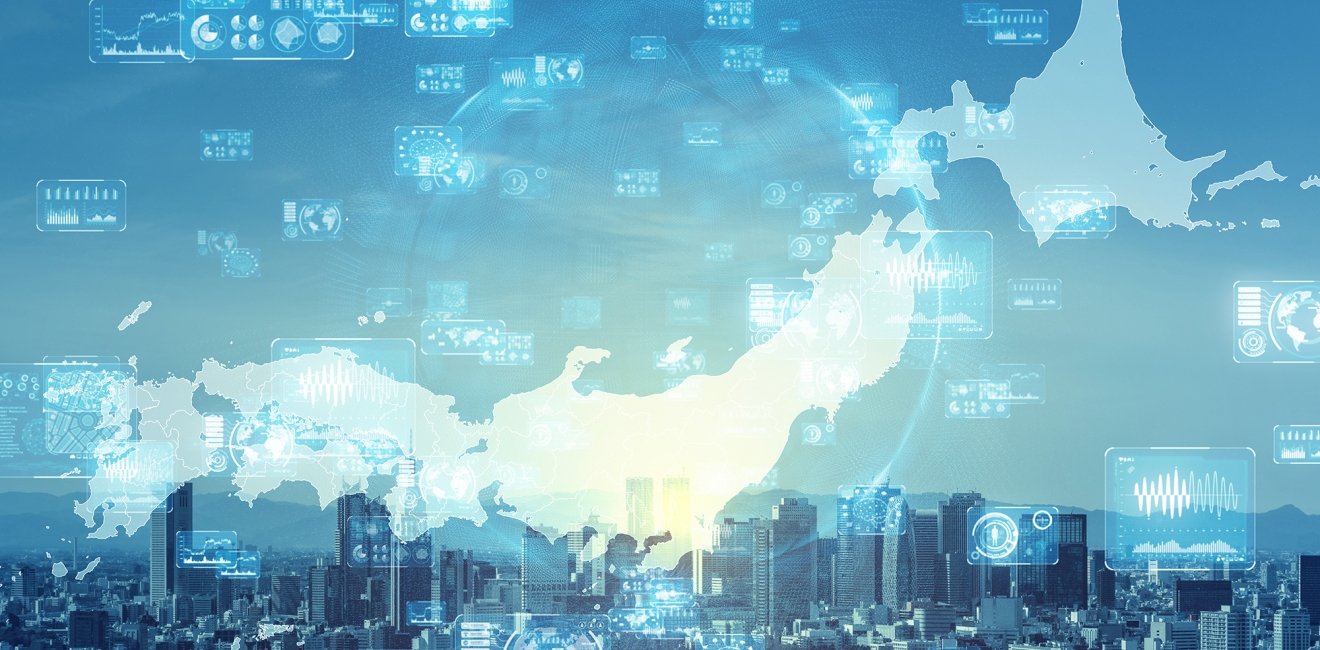
A blog of the Indo-Pacific Program
If his predecessor highlighted the need for more women in the workplace, can Japan’s newly appointed Prime Minister Yoshihide Suga spearhead the country’s endeavors to boost its competitiveness in the digital economy? Amid wariness that Suga is merely the head of a caretaker government after the sudden resignation of Shinzo Abe, the new premier’s push to create a digital technology agency is one of the few initiatives that is not a legacy of the Abe administration. With the right political leadership, it also has the potential to jump-start the country’s efforts to be a technology leader once again. But the proposal also has the potential of simply raising the right questions without adequately following through with the right policy prescriptions.
That has certainly been the case when it comes to empowering women under the Abe government. During his nearly nine years in office, Abe had undoubtedly raised public awareness of the need for more women in the workforce. The efforts did indeed result in more women being employed, and by 2016, 76 percent of Japanese women were working compared to 74 percent of women in the United States. Nevertheless, when assessing the quality of work they are engaged in, Japanese women are more likely to be employed on a part-time basis or in non-regular jobs compared to their U.S. counterparts. Much has been made about the economic advantages of having more women working, and yet social as much as policy barriers to increase the number of women in positions of influence remain.
Japan, meanwhile, has had a more analogue approach to keeping the virus in check, based more on sharing of information through community networks and government agencies concentrating on their own areas of focus...
The concern is that there may be similar hurdles when it comes to bolstering Japan’s digital technology capabilities. Although East Asia, including Tokyo, has been more successful in containing the coronavirus outbreak than the United States or Europe, efforts by Seoul and Taipei to make full use of technology to track the spread of COVID-19 and share information across the various agencies has been seen as models for other countries to emulate. Japan, meanwhile, has had a more analogue approach to keeping the virus in check, based more on sharing of information through community networks and government agencies concentrating on their own areas of focus, thereby weakening the ability to take a more holistic approach to combating the pandemic. At the same time, COVID highlighted the holes in Japan’s technology infrastructure that could enable seamless remote work as well as learning.
By prioritizing the creation of a digital technology agency and touting a so-called digital transformation, Suga has reinvigorated interest in investing in IT infrastructure and also rethinking long-standing government practices that have hampered efficiency. Certainly, better use of existing internet capabilities in the public sphere would help reduce personnel and other costs. At the same time, encouraging more online information integration would help inter-agency information sharing in a timely manner. Those are two goals that the agency is expected to address when it is established by the end of this year.
After all, technology is one key means for the country to tackle its long-standing issue of an aging population by opening the doors for the elderly to remain active in the workplace.
But the creation of a new agency should actually be an opportunity for Japan to think much more boldly about what it wants from greater digital integration. To be sure, the need to modernize government IT infrastructure is hardly unique to Japan, and paying to upgrade systems will remain a challenge for local and national governments alike for all industrialized countries. Yet pushing ahead with digitalization means much more than simply pursuing efficiency. After all, technology is one key means for the country to tackle its long-standing issue of an aging population by opening the doors for the elderly to remain active in the workplace. It also allows parents and caregivers greater flexibility in where and when they work in a country with a falling birthrate.
Above all, investing in the digital revolution allows Japan to reposition itself as a leader in technology that bolster living standards. As Washington and Beijing continue to compete over establishing the rules of data and information technology, Japan has the opportunity to concentrate on producing products and networks that harness those technologies. Tokyo certainly has the ability to emerge as the top of the pack when it comes to developing smart cities and integrating technologies with infrastructure, which are much-needed across Asia and beyond.
In the end, Japan’s political leadership may be its own worst enemy. If the much-anticipated digital agency simply ends up being a coordinator for various ministries to share information online, it may boost bureaucratic efficiency but no more than that. If, however, the agency acts as a gateway for Japan to embrace online education, telework, telemedicine, and lead to greater connectivity of cities, then it could be cited as a model for other countries to follow suit. The direction that the agency will follow will define how bold Japan’s new prime minister can be in envisaging the country’s economic future.
Follow Shihoko Goto, deputy director for geoeconomics and senior associate for Northeast Asia, on Twitter @GotoEastAsia.
The views expressed are the author's alone, and do not represent the views of the U.S. Government or the Wilson Center. Copyright 2020, Asia Program. All rights reserved.
More from Asia Dispatches

What Is Next for the Women of Afghanistan?

Protecting Children From Polio. Or Not.
Author


Indo-Pacific Program
The Indo-Pacific Program promotes policy debate and intellectual discussions on US interests in the Asia-Pacific as well as political, economic, security, and social issues relating to the world’s most populous and economically dynamic region. Read more





